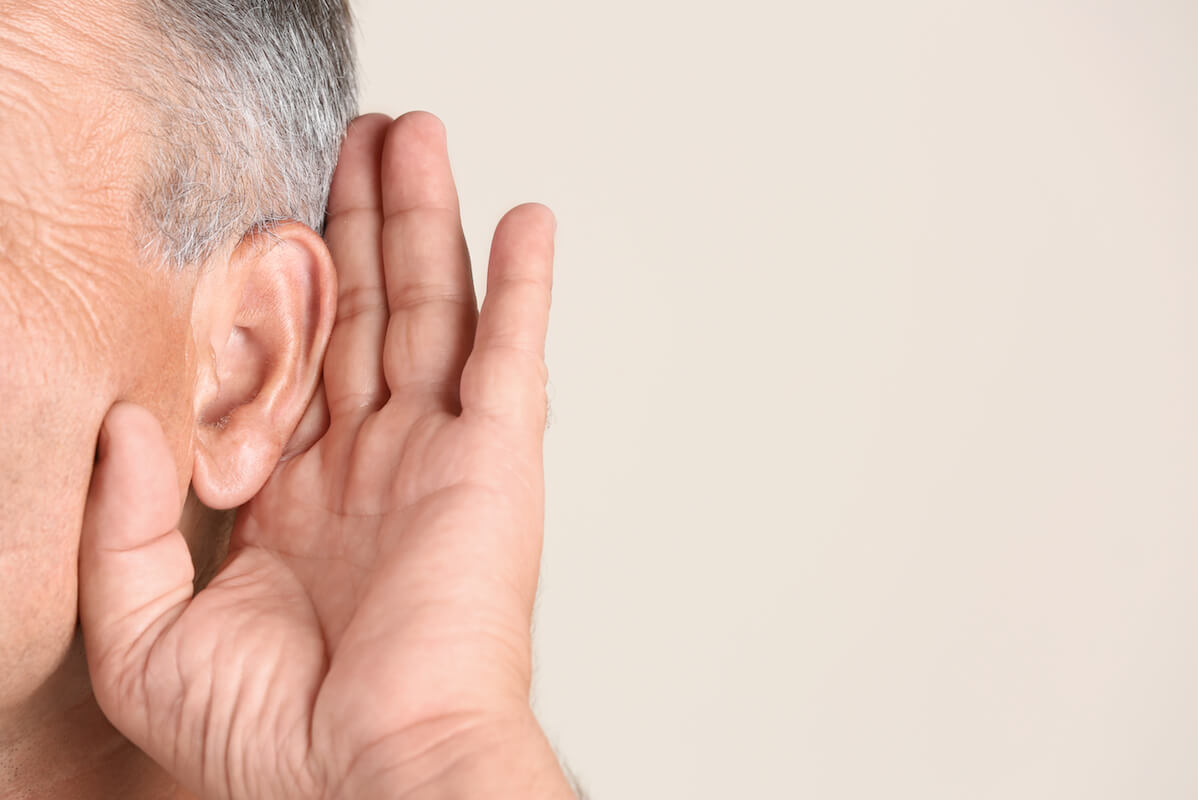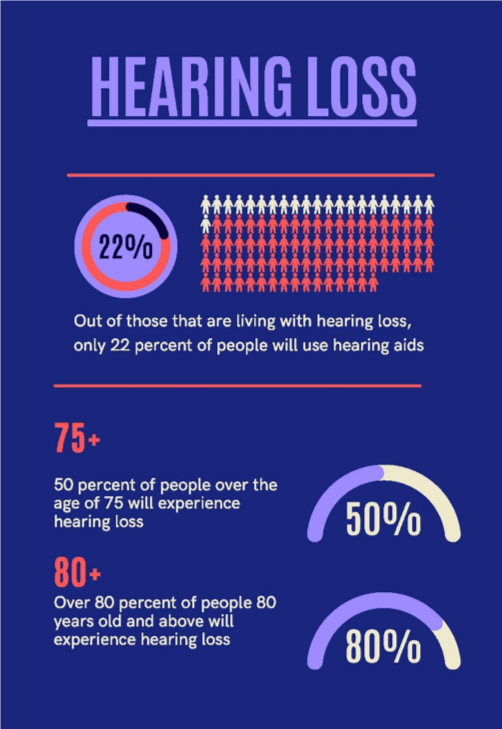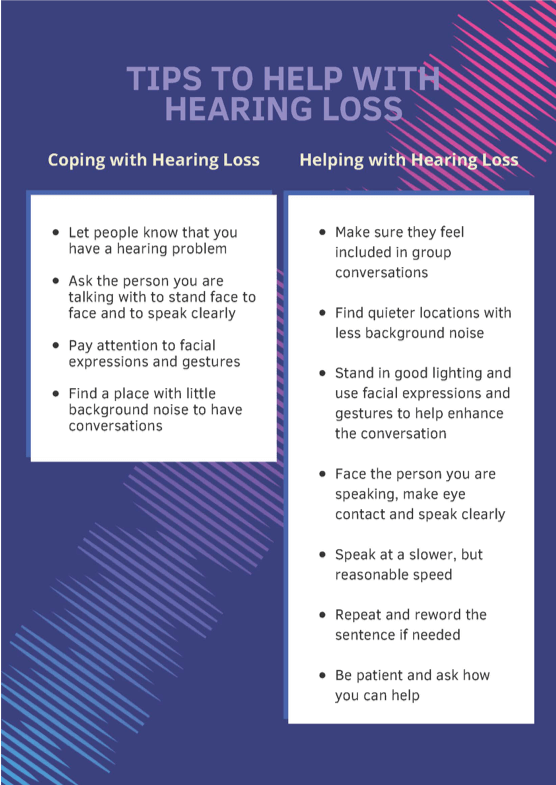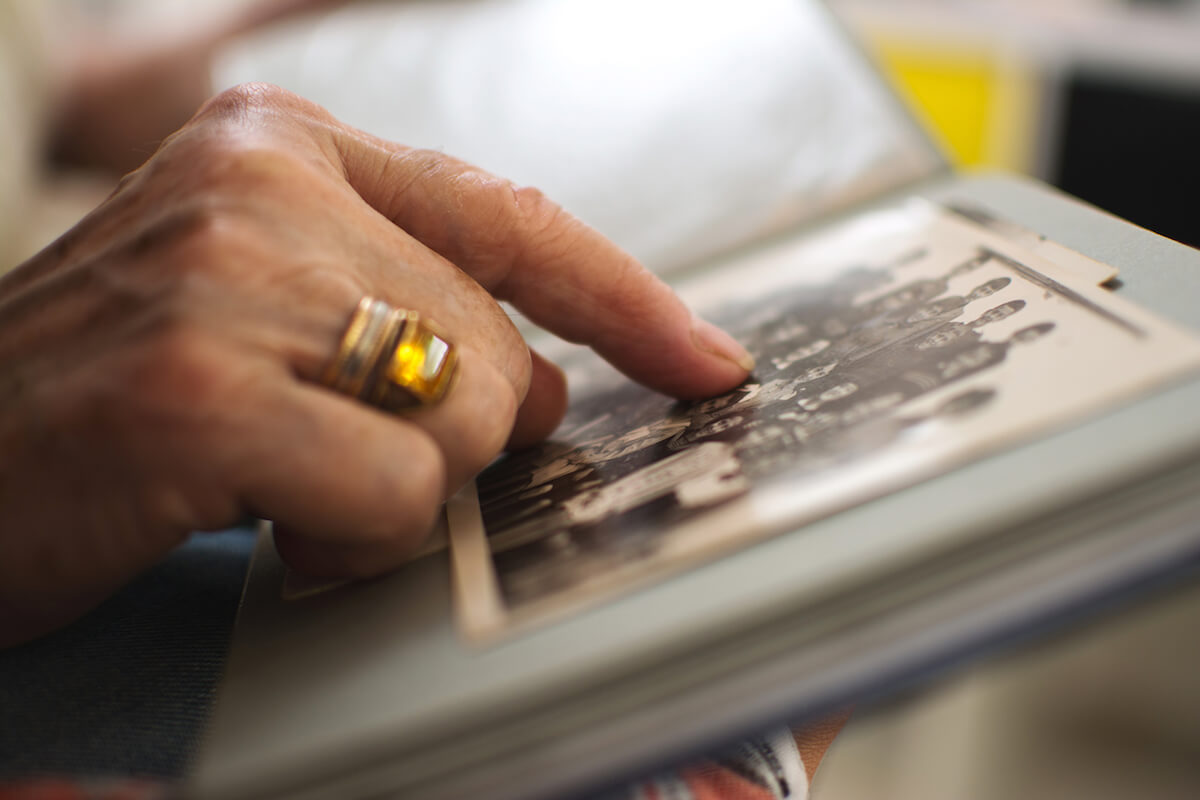
Hearing Loss: Here’s What You Should Know
By: Hannah Calame
Many changes take place as one gets older, and one of those changes can involve hearing loss. This is the most common condition that affects individuals during the aging process. It’s estimated that 50% of those 75 years and older will experience hearing loss, and this increases to 80% after the age of 80.
While it is difficult to determine the cause of the hearing loss, one way is presbycusis, better known as age-related hearing loss, which equally affects both ears and is a gradual decline over time.
While there are devices that can help aid in hearing, only 22% of people experiencing hearing loss use hearing aids. This means that there are a lot of people living with untreated hearing loss, which can lead to problems with communication, increased frustration, social isolation, and an increase in falls. Researchers have also found that there is a link between hearing loss and dementia.

Connection Between Hearing Loss & Dementia
Dementia is a term used to describe a group of symptoms that affect memory, thinking, and reasoning to the point that it interferes with activities of daily living. While the link is not clear, researchers are looking at a few likely causes for this link.
- One idea is that hearing loss causes an increase in cognitive resources or brainpower needed to process auditory information.
- A second idea is that hearing loss creates a change in the structure of the brain as there is an association between hearing loss and accelerated atrophy or shrinkage of the brain.
- Lastly, it is thought that the social isolation that those living with hearing loss experience can also be a cause for the connection between hearing loss and dementia.
If you or one of your loved one is experiencing hearing loss, it is recommended to seek treatment that can help as it has shown to result in an increase in cognitive functioning, a decrease in depression, and better socialization.
Available Treatment Options
You may want to visit an audiologist to determine how severe the hearing loss is and what treatments may be beneficial. Treatment options that the audiologist may recommend could include over-the-counter or prescription hearing aids, cochlear implants, or alerting devices, such as doorbells, smoke detectors, alarm clocks, or better settings on a phone. For example, many people utilize the flashlight setting on phones where the flashlight flashes when the phone receives a notification.

For larger groups where multiple people may be experiencing hearing loss, senior living and dementia care communities are utilizing Eversound, which makes activities more accessible. Headphones connect to a microphone that a speaker or instructor can wear while leading the activity, such as an exercise class.
Bella Groves has a mission to create a more joyful community for families impacted by dementia and memory loss by providing education and resources that help them learn and grow. For other topics related to dementia or aging, visit our website!


